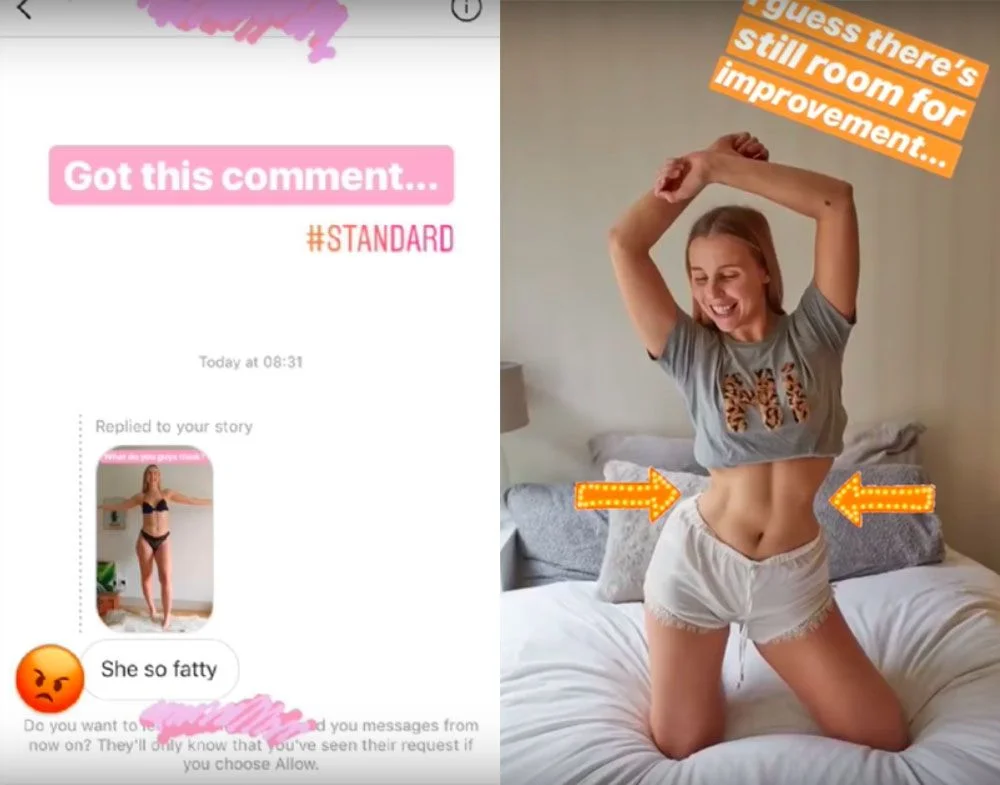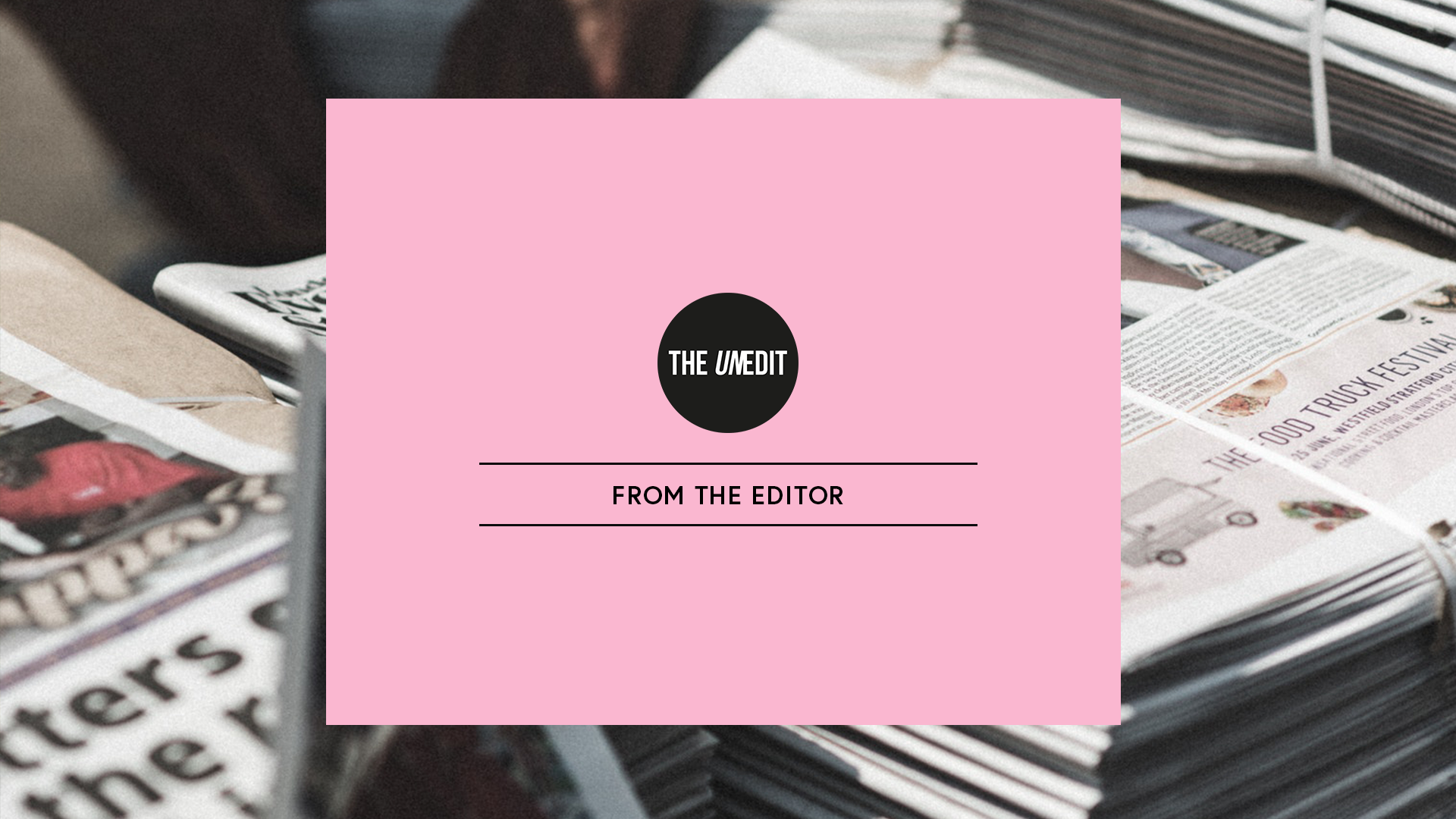From The Editor: #ScrewTheScale And Why I'm Over Fake Body Positive Hashtags
Like many other writers, when it comes to writing about something new, I do a lot of research. I scour the news, social media, and other resources daily to find something that readers would enjoy, and to see what’s new in the world. Last week I came across a new hashtag that, initially, got me rather excited.
#ScrewTheScale.
Now that’s a hashtag I can get behind, right? I had visions of everyone pulling their bathroom scales out, throwing them onto one large heap (not before taking to them with a sledgehammer, of course) and burning them to a crisp, whilst diet rebels danced around the fire looking something like a scene from Labyrinth (rest in peace, Goblin King). It’s sad that I wasn’t even really that surprised to see that it wasn’t that at all. In fact it wasn’t even remotely like it. Instead, when I clicked to the article, it showed me a load of before and after photos (yawn), of activewear-clad ‘transformed’ bodies.
The gist of the hashtag was to show that bodies can look better with added pounds - remember muscle weighs more than fat - and to ignore the numbers that show on the scale. Whilst yes, we should ignore the numbers on the scale generally, this didn’t have the body positive, fat-friendly rhetoric I hoped for. Instead it was gym selfie next to gym selfie, with one body looking considerably leaner, captioned with a higher weight. The muscle/fat saga is something that is rectified with a bit of education, as many still think that weight gain immediately equals fat gain, but the booming fitness and wellness industries corner such a large chunk of the lifestyle market as it is, that maybe when it came to #ScrewTheScale, I was simply just holding my hopes too high.
When I clicked to look further into the press surrounding the social media campaign, the first article came from Men’s Health. Unsurprising for something that talks about fitness to be written up by them, of course, but what got me was their decision to call the hashtag ‘body positive’. The wellness industry and the diet industry intertwine so much, and whilst I do believe that exercise and movement can be done in a body positive way, the mainstream fitness industry is pretty far from it. Already pissed off about the coopting of the term ‘body positive’, I wasn’t best impressed reading the piece, and what the fitness world believed the hashtag stood for. Whilst I begrudge nobody who chooses to undergo regimes that allow themselves to get into shape (whatever that even means these days), I can’t help but feel disappointed that #ScrewTheScale was just another hashtag dedicated to the kinds of bodies that we see every single day in mainstream media.
Here at The Unedit we’re very much welcoming of all bodies — people should be allowed to celebrate their bodies regardless of their shape or size. But, I do think that #ScrewTheScale could’ve been an opportunity to encourage people to defy diet culture, rather than defy an instrument of diet culture, whilst continuing to uphold the anti-fat beauty standards and bias that we have shoved down our throats on a daily basis. I found #ScrewTheScale thinking that I was going to stumble across hoards of men and women rejecting and liberating themselves from the thing that imprisons so many of us, but instead, I just saw the same kind of content I would find had I chosen to search #fitspo, or any other equally damaging hashtag.
We can only be hopeful that with continued education, awareness and calling out, the wellness industry can rebrand itself in an authentic, less harmful way, without feeling the need to intrude on the body positive movement's own space and recognition. But #ScrewTheScale isn’t the first, nor is it the last, social media trend of its kind to co-opt the messages of the body positive and fat acceptance movements for its own benefits; it had the opportunity to develop a viral dialogue surrounding people’s worth beyond their weight, but became washed with diet and fitness culture instead. And I'm over it.








